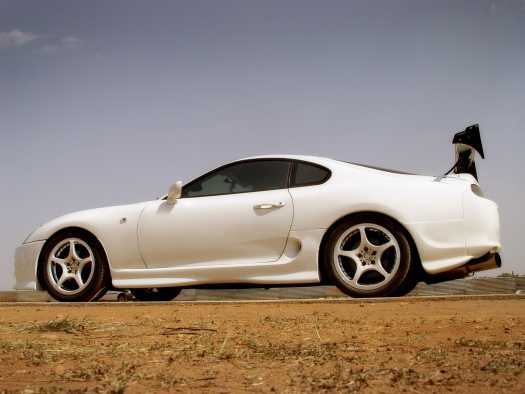
When I’m not out riding my bicycle, I can often be found reading. Although I read extensively on a wide range of topics, I always find myself drifting towards news and information related to cycling.
On one such occasion, I came upon an article about the lengths automakers have begun to go to lure the younger generation into buying cars. Apparently, Generation Y (also known as the Millennials — whose age range no one can agree upon, other than to say that they are young) is not interested in cars.
Statistics support this lack of interest. According to the Federal Highway Administration, in 2008, 46.3 percent of potential drivers 19 years old and younger had drivers’ licenses, compared with 64.4 percent in 1998; drivers ages 21 to 30 also drove 12 percent fewer miles in 2009 than they did in 1995.
Explanations abound for why Generation Y is less interested in cars than previous generations. Reliance on electronic gadgets, combined with always electronically-connected lifestyles, could have something to do with it.
Previous generations met face to face. Talking with groups of kids and joking around was part of growing up. Kids would congregate at popular hangouts. They would drive places together, often to gain freedom from adults, and to do the things kids used to like to do.
Then everything changed. First, cell phones came along and made it possible for people to stay in touch when they were away from a wired phone. No longer tethered to a building with wires in order to communicate, talking with friends, any place and any time, became customary.
Not long after, the Internet made its debut. E-mail and instant messaging gave a new face to communicating. Notes could be sent back and forth instantaneously. And chatting via typing, instead of voice, allowed people to multitask while having a conversation with someone across the globe.
Everyone around the world became connected. Distance no longer mattered. Time zones became meaningless because someone, somewhere, was always awake to interact with. Traveling was no longer necessary for congregating; chat rooms, forums, and blogs created the first interactive environment.
The advent of social networking started a revolution. Sites like Facebook and Twitter took socializing to a new level. Instant interaction further removed the need for a physical presence among friends.
Generation Y grew up in a world where such things were part of their daily lives. Traveling was unnecessary for them to befriend others. So, the idea of traveling from one place to another to interact with society seemed obsolete.
In a world where the the entire globe, and nearly everyone on it, comes to you both through wires and wirelessly, a car can be a burden. It can rob one of time which could be spent doing better things.
Portable electronic devices, like laptops, smartphones and tablets, can allow one to work and play while on the road. Driving interferes with these activities. It reduces productivity. And, unless one finds the activity of driving pleasurable, it reduces leisure time.
Is it possible that, in an always connected world, Generation Y sees no reason to use a car?
Cars further pollute the already polluted environment they grew up in. Gas prices are approaching $4.00 per gallon. The cost of owning and insuring a car goes up every year. In urban environments, where young people prefer to live, traffic can be a nightmare, and parking is scarce and expensive.
So far, there doesn’t seem to be much evidence that this generation has taken to human powered transportation. They may, however, be more likely to use public transportation; riding in a bus or train provides an opportunity to utilize travel time for something other than driving.
Even if they don’t take to cycling, every Millenial who rides public transportation, or walks, represents one less car on the road. And more importantly, they represent one less distracted driver who is texting while driving.
What will be interesting to see is whether Generation Y continues this trend as they get older. The addition of children to a family often brings with it new challenges. Transporting children by bicycle or public transportation can be inconvenient due to the amount of gear parents often bring along when traveling with kids.
Raising a family may also alter the behavior of Generation Y. Caring for children is time consuming, leaving less time for texting friends and social networking. Reduced usage of electronic gadgets and the need to travel as a family may make cars more appealing to them. This is particularly true if the younger generation reverses the current trend favoring urban living and decides to move to the suburbs where cars are necessary to complete daily tasks.
Pursuing a career changes one’s priorities, too. Some jobs require frequent travel or tight schedules which can’t be kept with shared or slow forms of transportation. And, older people sometimes get caught up in the idea of materialism as a sign of success. Cars often go hand-in-hand with this “having made it” image.
With their break from American tradition, Generation Y may be altering the car-centric focus of our society. Their lack of interest in cars might provide opportunities for expanding alternative forms of transportation. It may even weaken the political power now wielded by automakers, which would improve the environment for creating livable streets.
It’s too soon to tell whether this lack of interest in cars is a youthful fad or an emerging trend. Either way, it gives us a glimmer of hope that the stranglehold our car-centric culture has on the roads is not invincible.



